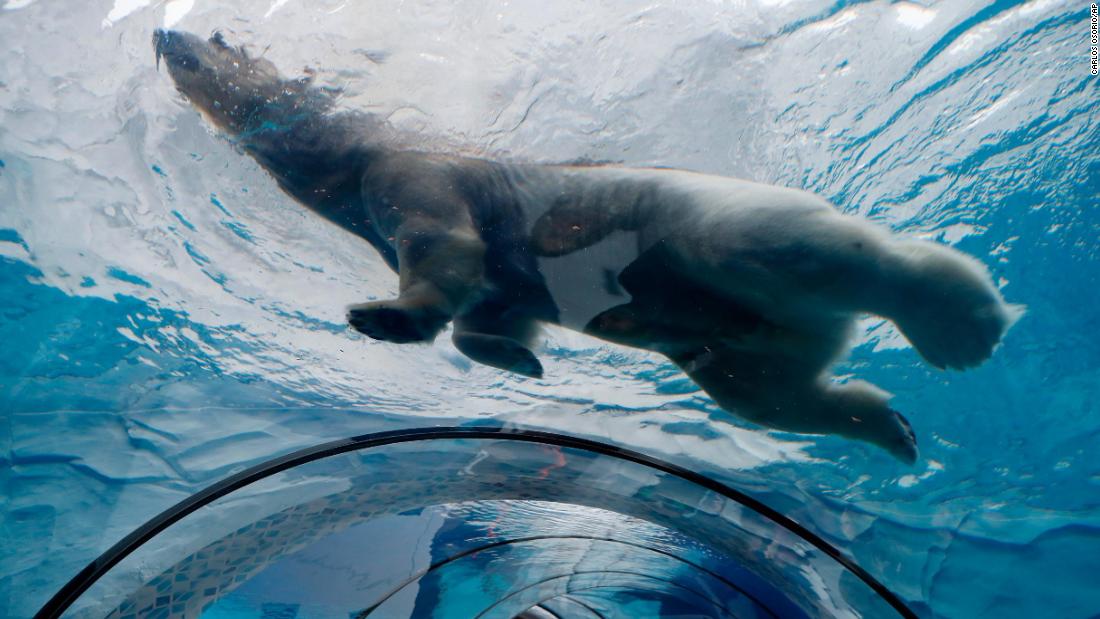
The zoo, located in Detroit's suburb of Royal Oak, says it's shifting to being powered entirely by renewable energy.
"We are announcing today that Detroit Zoo is going to be 100% fully powered by local Michigan-made energy," Scott Carter, the zoo's chief life sciences officer, said in a web video posted by DTE Energy.
The zoo is joining MIGreenPower, which is DTE's program allowing its customers to receive energy from the utility company's renewable sources.
"It's a combination of wind and solar," Ireme Dimitry, a vice president at DTE Power, says in the video.
Participants in the program pay a few extra cents per kilowatt-hour for electricity in order to fund a wind park on the shores of Lake Huron as well as solar parks located in Detroit and in Lapeer, Michigan, according to DTE's website.
Those sites are expected to come online by late 2020, and will enable the zoo to offset the 7,425 metric tons of carbon dioxide carbon dioxide it releases each year.
DTE provides electricity to 2.2 million customers in southeastern Michigan. It launched the green energy offset program in the spring of 2017, and aims to reduce its carbon emissions across the board 80% by 2040.
The zoo is going green in several ways
"Commitments like the one the zoo is making today help drive the development of Michigan-made renewable energy, and help to accelerate the state of Michigan's clean energy transformation," Dimitry said in a news conference at the zoo.
Carter said through the zoo's Greenprint initiative, it's already doing several projects related to sustainability, including installing an "anerobic digester."
The Detroit Zoo says that program is the first of its kind at a zoo. The digester diverted 500 tons of herbivore waste and food scraps from a landfill and converted it into energy and compost.
The zoo has also phased out the use of plastic water bottles and switched over to using solar/electric golf carts, instead of gas-powered golf carts, on its premises.
"Our commitment to sustainability is integrated into everything we do, from our environmentally responsible operations to our community-wide education programs," Ron Kagan, the CEO of the Detroit Zoological Society, said in a statement.
No comments:
Post a Comment